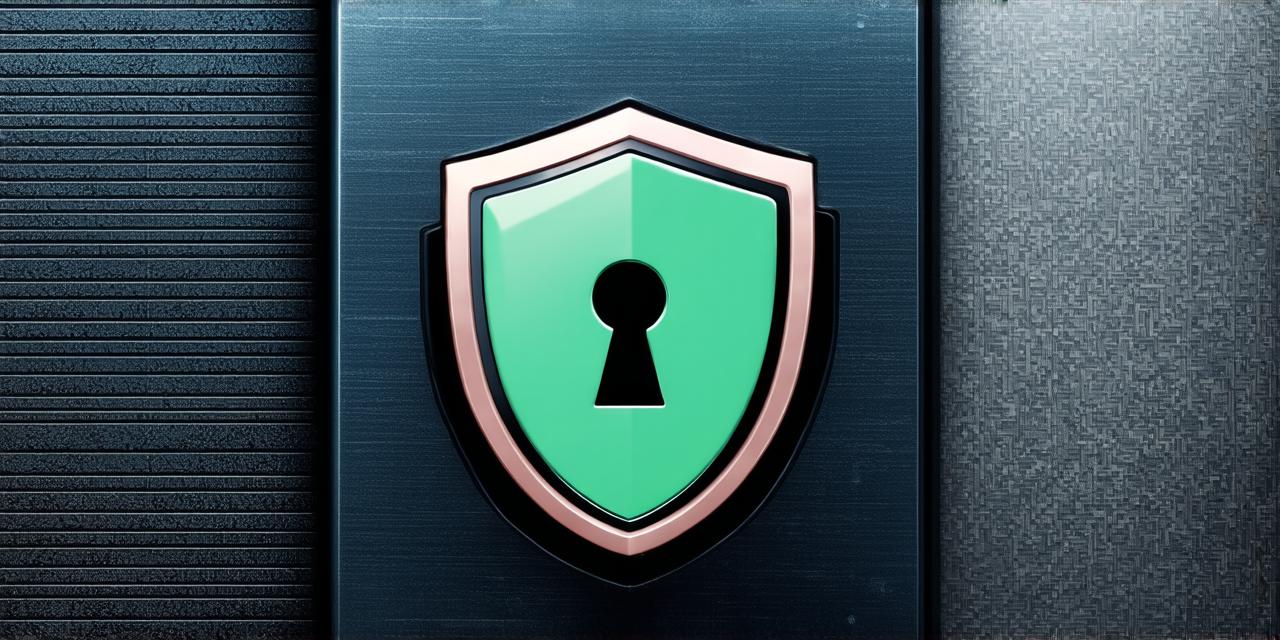As more people work and study remotely, the demand for secure internet connections continues to grow. Many individuals turn to hosting their websites from home as a cost-effective solution. However, this approach comes with its own set of security risks that web developers must be aware of. In this article, we will explore the pros and cons of hosting a website from home and provide tips on how to ensure your site remains secure.
Pros of Hosting a Website from Home
Cost-Effective
One of the main advantages of hosting a website from home is cost savings. By managing your own server, you can avoid the high costs associated with traditional web hosting providers. This can be especially appealing to small businesses and individuals who may not have a large budget for internet services.
Customization
Hosting a website from home allows you to have complete control over your server’s configuration. This means you can customize your site’s settings to your specific needs, without the limitations imposed by web hosting providers. You can choose the operating system, software stack, and security measures that best suit your requirements.
Flexibility
With a home-based server, you have the flexibility to manage your site from anywhere with an internet connection. This allows you to work remotely or collaborate with team members who are located in different parts of the world.
Cons of Hosting a Website from Home
Security Risks
One of the main drawbacks of hosting a website from home is the increased security risks. By managing your own server, you are responsible for securing it against cyber threats. This can be a daunting task, especially if you lack experience in network security. Hackers are constantly looking for vulnerabilities in web servers, and even small mistakes can lead to serious data breaches.
Limited Resources
Resources such as bandwidth, storage, and processing power may be limited when hosting a website from home. While these may be sufficient for smaller sites, they may not be enough to support high-traffic websites or applications that require significant computing power. This can result in slow loading times, downtime, and other performance issues.
Technical Difficulties
Managing a server can be complex, especially if you are not familiar with network administration. There are many moving parts involved, including software updates, backups, and security patches. If you do not have the necessary skills or resources to manage these tasks effectively, it can lead to technical difficulties that can impact your site’s performance and availability.
How to Ensure Your Website is Secure When Hosting from Home
Use a Virtual Private Network (VPN)
A VPN encrypts all data transmitted between your home network and the internet, preventing hackers from intercepting sensitive information such as login credentials and personal data. It also helps to protect your IP address and prevent others from accessing your server directly.
Keep Your Server Up-to-Date
Regular software updates are essential for maintaining the security of your server. This includes updating operating systems, web servers, and other software components that are critical for your site’s functionality. Failing to update these components can leave your server vulnerable to known exploits that hackers can use to gain access to your system.

Implement Strong Passwords and Multi-Factor Authentication
Using strong passwords and implementing multi-factor authentication can help to prevent unauthorized access to your server and other critical systems. It is also important to regularly change these passwords to ensure they are not compromised by hackers or malware.
Conduct Regular Backups
Regular backups of your data are essential for protecting against data loss in the event of a security breach or hardware failure. Backups should be stored off-site, either on a cloud storage service or an external hard drive, to prevent data from being lost if your server is compromised.
Case Study: The Risks of Hosting a Website from Home
In 2019, a small business that hosted its website from home suffered a major data breach. Hackers gained access to the company’s server and stole sensitive customer information, including credit card numbers and personal data. The breach was caused by a combination of factors, including outdated software, weak passwords, and a lack of regular backups.



